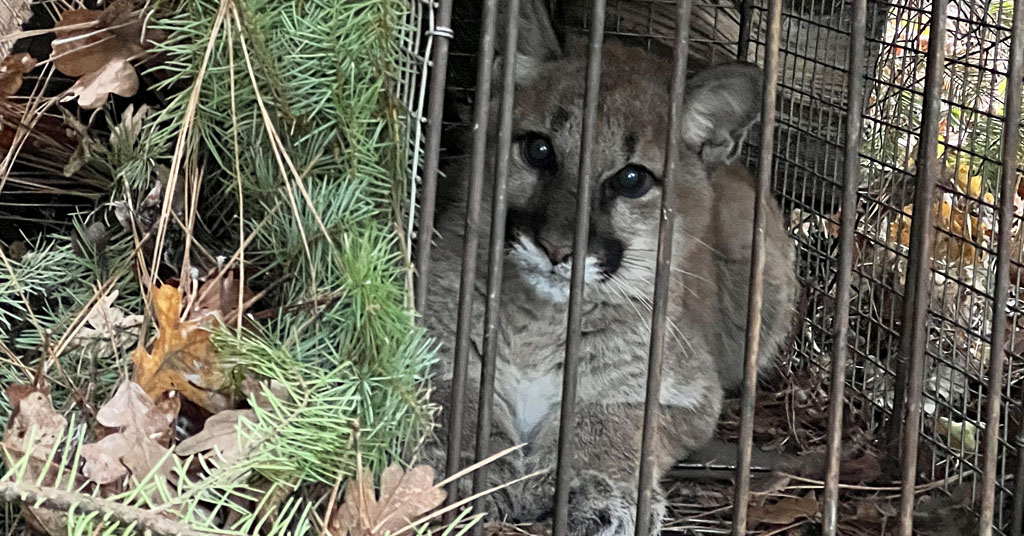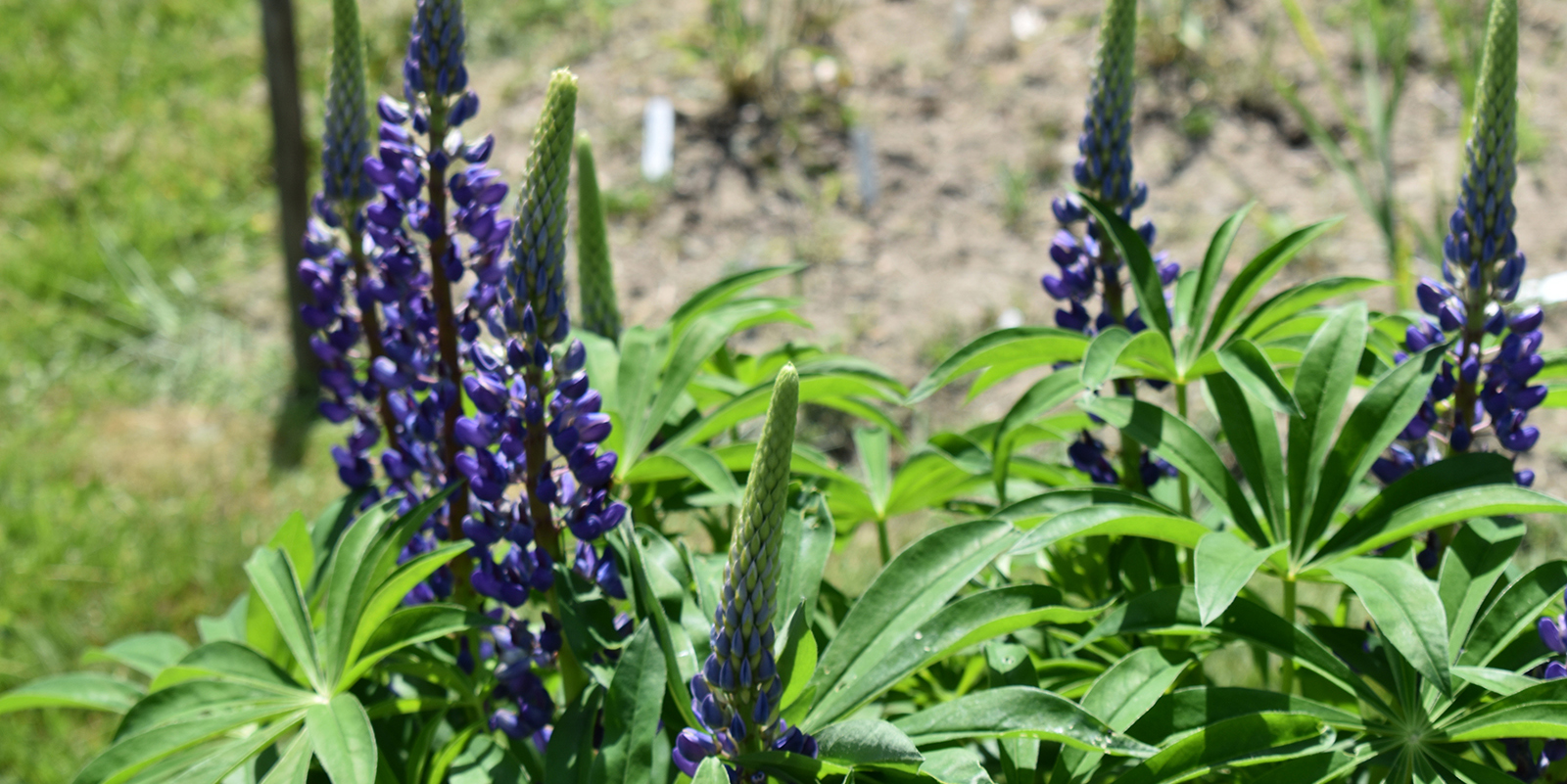Students Head Outdoors for Different Kind of Learning
January 31, 2021
Most of what we learn in school has rules, formulas, and patterns. Geometry uses numbers to explain space, biology dissects the building blocks of life, and grammar gives us the building blocks to string together a coherent sentence.
But there are also important lessons to be learned outside the classroom, lessons that don’t abide by numbers and rules: smelling the damp earth after a rainstorm; watching birds flit from twig to twig; planting a seed and watching it grow.
The Environment Council of Rhode Island (ECRI) annually awards small grants of $250 to after-school groups to foster hands-on environmental learning and projects. This year’s recipients of the Loraine Tisdale Environmental Education grants include a project to plant trees, a program that involves gardening and creating a cookbook, and living lab excursions that step outside the classroom to teach scientific methods.
Westerly Land Trust Living Laboratories Program
“We already had a really good relationship with local schools in the area, bringing entire classes out on field trip to the Barlow [Nature] Preserve,” said Joe Barnes, a TerraCorps member and youth education and community engagement coordinator for The Westerly Land Trust’s Living Laboratories program. “But with COVID, we really had to adapt the way that we run our environmental education plan. So, I started the Living Laboratories program in the fall as a five-week pilot program, and we brought kids out to the preserve for a hike first, then we’d talk about things like biodiversity.”
Barnes will use the grant to expand the program this spring, buying kits from the Rhode Island branch of U.S. Fish & Wildlife Services and helping kids to participate in mock research in the field.
“The kids can pretend that they’re capturing bats or birds … and then pretend to tag them, weigh them, take their measurements,” Barnes said. “I’m also getting things like folding microscopes and farm equipment so they can do more hands-on things.”
Central Falls School District Expanded Learning Community
Far north of Westerly, a school district is using the ECRI grant to bolster programs that bring kids out into the urban wilds.
Tatiana Baena is the director of enrichment opportunities for the Central Falls School District and helps coordinate various programs for the district’s Expanded Learning Community (ECL). This initiative “provides an opportunity for students to get academic credit for learning that is student-centered, hands-on, and rigorous.”
This past summer, ELC worked with the Central Falls community garden to not only provide a hands-on gardening experience, but to also create a short virtual cookbook that provided recipes for nutritional snacks and meals.
“It was meant to promote healthy eating and family time and cooking together, things like that,” Baena said. She wants to use the grant to make this community gardening program more expansive and sustainable.
“We want to build on that and have the students learn more about fruits and veggies that are in the community garden,” she added. “So kind of expanding on the work we did this summer.”
Baena also hopes that one day this could lead to a school garden tended by students.
Dr. Edward A Ricci Middle School Tree-Plenish Program
A few miles away at the Dr. Edward A Ricci Middle School in North Providence, the grant will be used to buy and plant trees as part of a local branch of a nationwide program called Tree-Plenish. Started in 2018 by a group of Massachusetts high-school students, Tree-Plenish helps schools plant trees to offset their paper usage.
“We calculated that we would need about 80 trees minimum to offset one year of paper usage,” said Anna Stuart-Vieira, a former math and science teacher at Ricci who applied for the grant. “We’re going to use the grant money to buy about 50 trees, they’re $5 trees, to plant in under-forested areas in North Providence.”
The kids at Ricci will help distribute and plant the trees, lending a helping hand in greening their community.
“People pay $5 for a tree and we go out and plant the saplings where they want them,” said Stuart-Vieira, who now teaches in South Kingstown.



